Effectiveness of a Digital Serious Game in Improving Reading Comprehension and Academic Performance
DOI:
https://doi.org/10.24310/isl.vi17.14325Keywords:
Comprehension, Reading, ICT, Educational Software, Educational InnovationAbstract
The Spanish school-age population has improved significantly in reading acquisition compared to European partners (PIRLS, 2016), however, it is necessary to implement complementary strategies to work in the classroom that allow reinforcing reading comprehension and increase the level reached by the students. In a social and educational context such as the current one, where ICT strategies take on an undeniable role and stand as an appropriate option to increase performance and motivation, it is worth considering reinforcing those skills that are most lacking in our educational system using quality technological resources. The objective of this study was to verify the improvement of students' reading comprehension and favor an increase in academic performance through training with the Leobien educational digital platform. Their selection is justified by their high degree of compliance with the quality standards previously set. The intervention has been developed during 50 sessions in a sample of 153 Primary Education students. To measure the impact of the intervention, an initial and final evaluation of the acquisition of reading comprehension provided by the program itself was carried out, as well as the registration of academic qualifications. The results show an increase in the sub-subjects of reading comprehension evaluated through the platform, as well as an improvement in academic qualifications, especially in English, Mathematics and Spanish Language and Literature. The number of sessions and the strategy of use provide concrete guidelines for success for schools.
Downloads
Metrics
Publication Facts
Reviewer profiles N/A
Author statements
- Academic society
- N/A
- Publisher
- EduVerso, Universidad de Málaga
References
Alonso-Fernández, C., Calvo-Morata, A., Freire, M., Martínez-Ortiz, I. & Fernández-Manjón, B. (2021). Data science meets standardized game learning analytics. https://doi.org/10.1109/EDUCON46332.2021.9454134.
Alonso?Fernández, C., Martínez?Ortiz, I., Caballero, R., Freire, M., & Fernández?Manjón, B. (2019). Predicting students’ knowledge after playing a serious game based on learning analytics data: A case study. Journal of Computer Assisted Learning, 36(3), 350–358. https://doi.org/10.1111/jcal.12405
Álvarez, G., & Taboada, M. (2016). Propuestas didácticas mediadas por tecnologías digitales para el desarrollo de competencias de lectura y escritura académicas. Revista Guillermo de Ockham, 14(2), 83-91. http://dx.doi.org/10.21500/22563202.2336
Arbeláez, A. (2019). Secuencias didácticas para la enseñanza de lectura y escritura con soportes electrónicos. Una propuesta basada en la teoría de los códigos. Journal Latin American Science, 1(3), 64-77. https://lasjournal.com/index.php/abstract/article/view/15
Barcenas, M., Mercado, P., & Carrascal, N. (2019). Mediaciones Tecnológicas para el desarrollo de la competencia semántica comunicativa- lectura inferencial en básica primaria. Assensus, 4(6), 27-43. https://doi.org/10.21897/assensus.1723
Bolaño-García, M. (2017). Funciones de las herramientas multimedia interactivas para la enseñanza en educación preescolar. Praxis, 13 (1). http://dx.doi.org/10.21676/23897856.2063
Cadavid-Ruiz, N., Quijano-Martínez, M. C., Escobar, P., Rosas, R., & Tenorio, M. (2016). Validación de una prueba computerizada de lectura inicial en niños escolares colombianos. Ocnos: Revista de Estudios Sobre Lectura, 15, 98–109. https://doi.org/10.18239/ocnos
Calvo-Morata, A., Alonso-Fernández, C., Freire, M., Martínez-Ortiz, I., & Fernández-Manjón, B. (2019). Game Learning Analytics, Simplificando el Uso de Juegos Serios en la Clase. VAEP-RITA, 7(4), 175–184. https://pubman.e-ucm.es/drafts/e-UCM_draft_353.pdf
Cardozo, R., Duarte, J., & Fernández, F. (2018). Estrategia didáctica, mediada por TIC, para mejorar las competencias lectoescritoras en estudiantes de primero de primaria. Saber, Ciencia y Libertad, 13(2), 237-249. https://doi.org/10.18041/2382- 3240/saber.2018v13n2.4638
Castillo, N. M., & Wagner, D. A. (2019). Early-grade reading support in rural South Africa: A language-centred technology approach. International Review of Education, 65(3), 389-408. https://doi.org/10.1007/s11159-019-09779-0
Chaudy, Y., Connolly, T., & Hainey, T. (Noviembre 20-21, 2014). Learning analytics in serious games: A review of the literature [Sesión de conferencia]. European Conference in the Applications of Enabling Technologies 2014. Glasgow, Escocia. https://www.researchgate.net/publication/268146930_Learning_Analytics_in_Serious_Games_a_Review_of_the_Literature
Chu, H. C., & Chang, S. C. (2013). Developing an educational computer game for migratory bird identification based on a two-tier test approach. Educational Technology Research and Development, 62(2), 147–161. https://doi.org/10.1007/s11423-013-9323-4
Contreras, A., & Garcés, L. (2019). Ambientes Virtuales de Aprendizaje: Dificultades de uso en los estudiantes de cuarto grado de Primaria. Prospectiva, 27, 215- 240. https://doi.org/10.25100/prts.v0i27.7273
Del Puerto, L. G., Thoms, C., & Boscarino, E. (2018). Reading comprehension of first year university students. Revista Científica de La UCSA, 5(2), 11–25. https://doi.org/10.18004/ucsa/2409-8752/2018.005(02)011-025
García, R. H. (2019). Estadísticas de Educación en el MEFP. Revista de Estadística y Sociedad, (73), 12-16. https://dialnet.unirioja.es/servlet/articulo?codigo=6898237
García Llorente, H. J. (2015). Multialfabetización en la sociedad del conocimiento: competencias informacionales en el sistema educativo. Revista Lasallista de Investigación, 12(2), 225–241. https://doi.org/10.22507/rli.v12n2a23
Girard, C., Ecalle, J., & Magnan, A. (2012). Serious games as new educational tools: how effective are they? A meta-analysis of recent studies. Journal of Computer Assisted Learning, 29(3), 207–219. https://doi.org/10.1111/j.1365-2729.2012.00489.x
Guthrie, J.T., Wigfeld, A., You, W. (2012). Instructional contexts for engagement and achievement in reading. New York: Springer.
Hwang, G. J., & Chen, C. H. (2016). Influences of an inquiry-based ubiquitous gaming design on students’ learning achievements, motivation, behavioral patterns, and tendency towards critical thinking and problem solving. British Journal of Educational Technology, 48(4), 950–971. https://doi.org/10.1111/bjet.12464
Instituto Nacional de Evaluación Educativa. (2017). PIRLS 2016, estudio internacional de progreso en comprensión lectora, informe español. Ministerio de Educación, Cultura y Deporte. https://www.educacionyfp.gob.es/inee/evaluaciones-internacionales/pirls.html
INTEF (2019, Oct 7). Resumen Informe Horizon 2019. https://cutt.ly/HbjTkev
Jiménez, A. M., & Diez, E. (2018). Análisis del contenido de apps y videojuegos: Implicaciones en procesos cognitivos en la lectura inicial. Apertura, 10(1), 71-87. https://doi.org/10.32870/ap.v10n1.1114
Julià, A. (2016). Contexto escolar y desigualdad de género en el rendimiento de comprensión lectora / School Context and Gender Inequalities in Reading Achievement. Revista Española de Investigaciones Sociológicas, 156, 41-58. https://doi.org/10.5477/cis/reis.156.41
Kaman, S., & Ertem, I. S. (2018). The Effect of Digital Texts on Primary Students’ Comprehension, Fluency, and Attitude. Eurasian Journal of Educational Research, 76, 147-164. https://doi.org/10.14689/ejer.2018.76.8
Ke, F., & Abras, T. (2012). Games for engaged learning of middle school children with special learning needs. British Journal of Educational Technology, 44(2), 225–242. https://doi.org/10.1111/j.1467-8535.2012.01326.x
Kieras, D., & Just, M. (2018). New methods in reading comprehension research. Routledge.
Kim, S., Chang, M., Deater-Deckard, K., Evans, M. A., Norton, A., & Samur, Y. (2017). Educational games and students’ game engagement in elementary school classrooms. Journal of Computers in Education, 4(4), 395–418. https://doi.org/10.1007/s40692-017-0095-4
Leandro, S. M., & Yaya, M. C. (2019). Las TIC como didáctica para el mejoramiento de la inferencia lectora. Educación Y Ciencia, 23, 111–125. https://doi.org/10.19053/0120-7105.eyc.2019.23.e10308
Ley Orgánica 8/2013, de 9 de diciembre, para la mejora de la calidad educativa. Boletín Oficial del Estado, 10 de diciembre de 2013 (295), 97858-97921.
Marchal, F., Sánchez, C., & Martín, A. (2018). Análisis de la competencia lingüística en primaria a través de las TIC. Píxel-Bit. Revista de Medios y Educación, 53, 123- 135. https://doi.org/10.12795/pixelbit.2018.i53.08
Martín Del Pozo, M., García-Valcárcel Muñoz-Repiso, A., & Basilotta Gómez-Pablos, V. (2017). Participación educativa en el desarrollo de serious games sobre bullying y uso seguro de Internet: Caminando se hace el camino. Revista Interuniversitaria de Investigación en Tecnología Educativa, 3. https://doi.org/10.6018/riite/2017/312881
McGeown, S. P., Johnston, R. S., Walker, J., Howatson, K., Stockburn, A., & Dufton, P. (2015). The relationship between young children’s enjoyment of learning to read, reading attitudes, confidence and attainment. Educational Research, 57(4), 389–402. https://doi.org/10.1080/00131881.2015.1091234
Montalvo, J., & Martos, N. (2019). Diseño y evaluación de un nuevo formato digital de lectura de cuentos ilustrados: Correpalabras. Ocnos: Revista de estudios sobre lectura, 18(3), 29-37. https://doi.org/10.18239/ocnos_2019.18.3.2008
Myles, B. S., Ferguson, H., & Hagiwara, T. (2007). Using a personal digital assistant to improve the recording of homework assignments by an adolescent with Asperger syndrome. Focus on Autism and Other Developmental Disabilities, 22(2), 96-99. https://doi.org/10.1177/10883576070220021001
OCDE (2020). PISA 2018. Resultados de lectura en España. https://sede.educacion.gob.es/publiventa/descarga.action?f_codigo_agc=21213
Pelletier, K., Brown, M., Brooks, D.C., McCormack, M., Reeves, J., Arbino, N., Bozkurt, A., Crawford, S., Czerniewicz, L., Gibson, R., et al. (2021). EDUCAUSE Horizon Report: Teaching and Learning Edition. EDUCAUSE: Boulder. https://library.educause.edu/resources/2020/3/2020-educause-horizon-report-teaching-and-learning-edition
Peralta, F., & Córdoba, M. L. (2018). Promoción de la competencia lectora de fabulas mediada por herramientas tic, en estudiantes del grado segundo de la Sede Ospina Pérez de la Institución Educativa Técnica «Pérez y Aldana», del municipio de Purificación-Tolima. Revista Ideales, 7(1), 70-75. http://revistas.ut.edu.co/index.php/Ideales/article/view/1355
Prendes-Espinosa, M. P., García-Tudela, P. A., & Solano-Fernández, I. M. (2020). Gender equality and ICT in the context of formal education: A systematic review. Comunicar, 28(63), 9–20. https://doi.org/10.3916/c63-2020-01
Qian, M., & Clark, K. R. (2016). Game-based Learning and 21st century skills: A review of recent research. Computers in Human Behavior, 63, 50–58. https://doi.org/10.1016/j.chb.2016.05.023
Real Decreto 126/2014, de 28 de febrero, por el que se establece el currículo básico de la Educación Primaria. Boletín Oficial del Estado, 1 de marzo de 2014, 52, pp. 19349-19420.
Rendón-Galvis, S. C., & Jarvio-Fernández, A. O. (2020). El uso de las TIC para promover la lectura en bibliotecas públicas con la intervención de los bibliotecarios. Investigación Bibliotecológica: archivonomía, bibliotecología e información, 34(83), 129. https://doi.org/10.22201/iibi.24488321xe.2020.83.58095
Ronimus, M., Eklund, K., Pesu, L., & Lyytinen, H. (2019). Supporting struggling readers with digital game-based learning. Educational Technology Research and Development, 67(3), 639–663. https://doi.org/10.1007/s11423-019-09658-3
Rouet, J.-F., Britt, M. A., & Durik, A. M. (2017). RESOLV: Readers’ Representation of Reading Contexts and Tasks. Educational Psychologist, 52 (3), 200–215. https://doi.org/10.1080/00461520.2017.1329015
Salgarayeva, G. I., Iliyasova, G. G., Makhanova, A. S., & Abdrayimov, R. T. (2021). The Effects of Using Digital Game Based Learning in Primary Classes with Inclusive Education. European Journal of Contemporary Education, 10 (2), 450-461. https://doi.org/10.13187/ejced.2021.2.450
Sánchez, S. & Pascual, M. A. (2019). Selección y aplicación de escalas de clasificación de software como aportación a la educación basada en la evidencia. En Sánchez-Rivas, E., Ruiz-Palmero, J. y Sánchez Vega, E. (Coord.). Innovación y tecnología en contextos educativos (pp. 93–99). UMA editorial. https://hdl.handle.net/10630/18555
Sánchez, S., & Pascual, M. A. (2021). Proyecto LingüisTIC: impacto de la Plataforma Walinwa sobre la competencia en comunicación lingüística del alumnado en situación de desventaja sociocultural. Pixel-Bit, Revista de Medios y Educación, 61, 271–303. https://doi.org/10.12795/pixelbit.82445
Suárez, P., Vélez, M., & Londoño, D. A. (2019). Niveles de literacidad en tercer grado de una institución educativa de Bello. Enunciación, 24(1), 15-28. https://doi. org/10.14483/22486798.13249
Sung, H. Y., & Hwang, G. J. (2013). A collaborative game-based learning approach to improving students’ learning performance in science courses. Computers & Education, 63, 43–51. https://doi.org/10.1016/j.compedu.2012.11.019
Tengberg, M. (2018). Validation of sub-constructs in reading comprehension tests using teachers’ classification of cognitive targets. Language Assessment Quarterly, 15(2), 169–182. https://doi.org/10.1080/15434303.2018.1448820
Torres, P., & Granados, D. E. (2014b). Cognitive processes involved in reading comprehension in third grade of primary education. Psicogente, 17(32), 452–459. https://doi.org/10.17081/psico.17.32.469
Torres-Ortiz, J. A., & Duarte, J. E. (2016). Los procesos pedagógicos administrativos y los aspectos socio-culturales de inclusión y tecno-pedagogía a través de las tendencias pedagógicas en educación a distancia y virtual. Revista de Investigación, Desarrollo e Innovación, 6 (2), 179–190. https://doi.org/10.19053/20278306.4606
van Gorp, K., Segers, E., & Verhoeven, L. (2016). Enhancing Decoding Efficiency in Poor Readers via a Word Identification Game. Reading Research Quarterly, 52(1), 105–123. https://doi.org/10.1002/rrq.156
van de Ven, M., de Leeuw, L., van Weerdenburg, M., & Steenbeek-Planting, E. (2017). Early reading intervention by means of a multicomponent reading game. Journal of Computer Assisted Learning, 33(4), 320–333. https://doi.org/10.1111/jcal.12181
Wallentin, M. (2020). Gender differences in language are small but matter for disorders, In R. Lanzenberger, G.S. Kranz, & I Savic (Eds.), Handbook of Clinical Neurology, (Vol. 175, pp. 81-102). England: Elsevier. https://doi.org/10.1016/B978-0-444- 64123-6.00007-2
Wang, C., & Huang, L. (2021). A Systematic Review of Serious Games for Collaborative Learning: Theoretical Framework, Game Mechanic and Efficiency Assessment. International Journal of Emerging Technologies in Learning (iJET), 16(06), 88. https://doi.org/10.3991/ijet.v16i06.18495
Wouters, P., van Nimwegen, C., van Oostendorp, H., & van der Spek, E. D. (2013). A meta-analysis of the cognitive and motivational effects of serious games. Journal of Educational Psychology, 105(2), 249–265. https://doi.org/10.1037/a0031311
Yang, Y. T., & Chang, C. H. (2013). Empowering students through digital game authorship: Enhancing concentration, critical thinking, and academic achievement. Computers & Education, 68, 334–344. https://doi.org/10.1016/j.compedu.2013.05.023
Yin, C., Uosaki, N., Chu, H. C., Hwang, G. J., Hwang, J. J., Hatono, I., & Tabata, Y. (2017). Learning behavioral pattern analysis based on students’ logs in reading digital books. In Proceedings of the 25th international conference on computers in education (pp. 549-557).
Zheng, M., & Spires, H. A. (2014). Fifth Graders’ Flow Experience in a Digital Game-Based Science Learning Environment. International Journal of Virtual and Personal Learning Environments, 5(2), 69–86. https://doi.org/10.4018/ijvple.2014040106
Downloads
Published
How to Cite
Issue
Section
License
All contents published in Investigaciones sobre la Lectura are protected under the Creative Commons Attribution-NonCommercial-ShareAlike 4.0 International (CC BY-NC-SA 4.0) license. All about this license is available in the following link: <http://creativecommons.org/licenses/by-nc-sa/4.0>
Users can copy, use, redistribute, share and exhibit publicly as long as:
- The original source and authorship of the material are cited (Journal, Publisher and URL of the work).
- It is not used for comercial purposes.
- The existence of the license and its especifications are mentioned.
There are two sets of authors’ rights: moral and property rights. Moral rights are perpetual prerogatives, unrenounceable, not-transferable, unalienable, imprescriptible and inembargable. According to authors’ rights legislation, Investigaciones sobre la Lectura recognizes and respects authors moral rights, as well as the ownership of property rights, which will be transferred to University of Malaga in open access. The property rights are referred to the benefits that are gained by the use or the dissemination of works. Investigaciones sobre la Lectura is published in an open access form and it is exclusively licenced by any means for doing or authorising distribution, dissemination, reproduction, , adaptation, translation or arrangement of works.
Authors are responsable for obtaining the necessary permission to use copyrighted images.


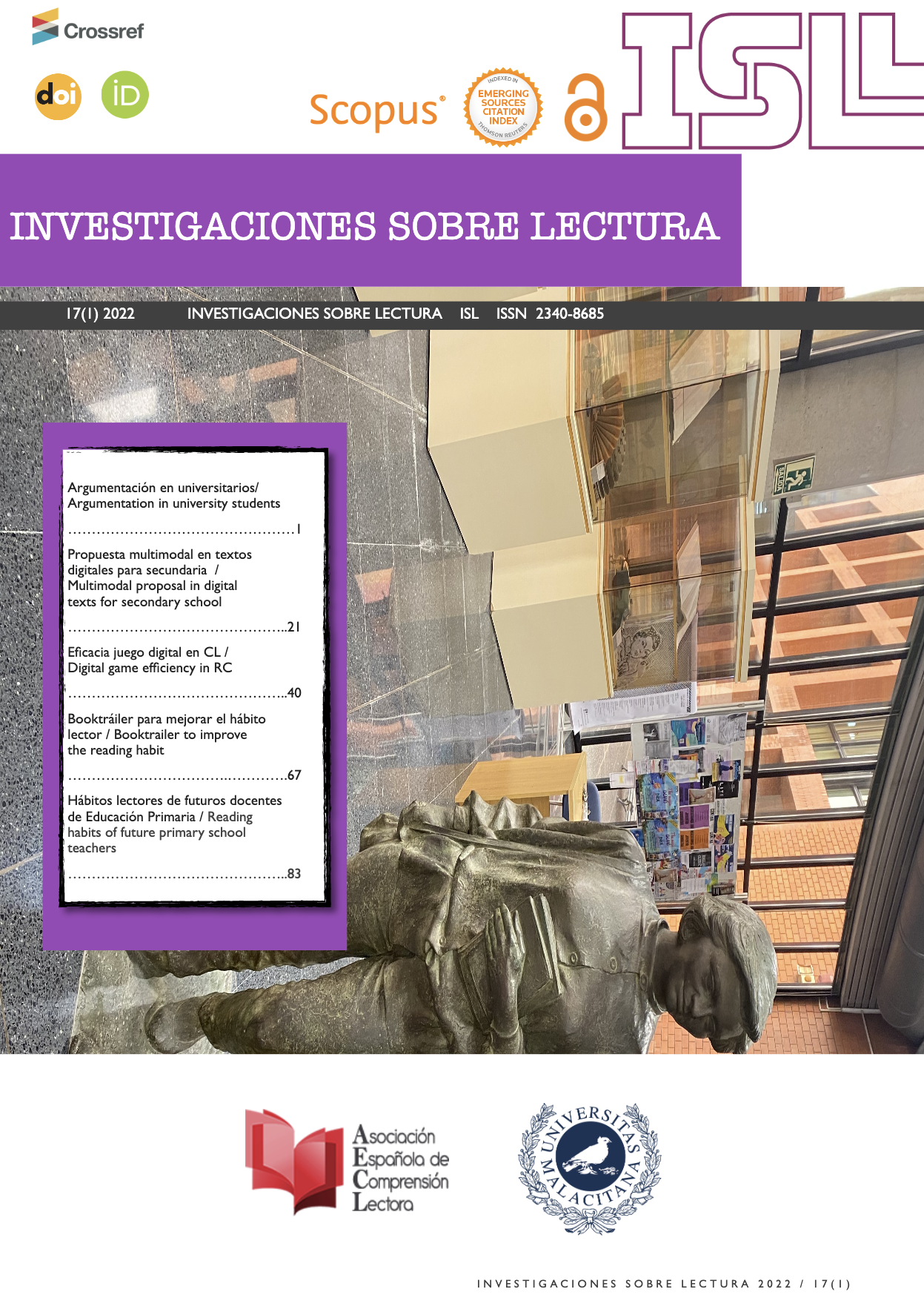





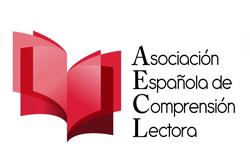
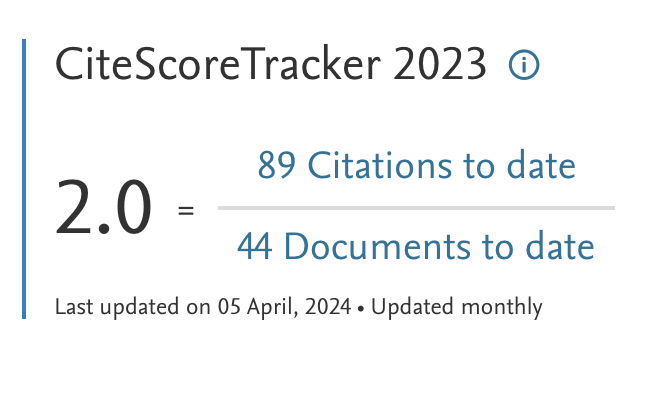
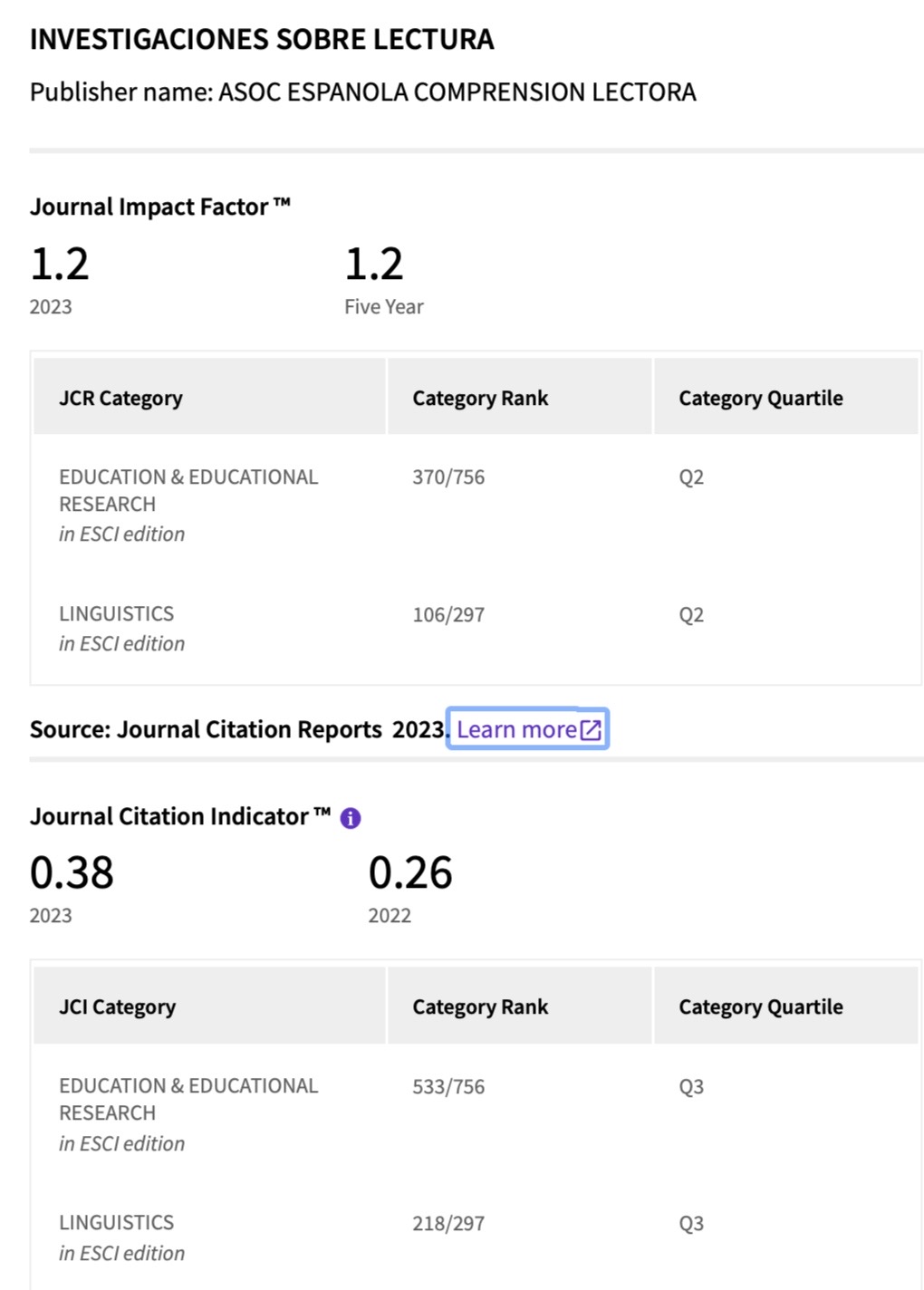
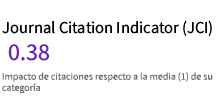
31.png)









